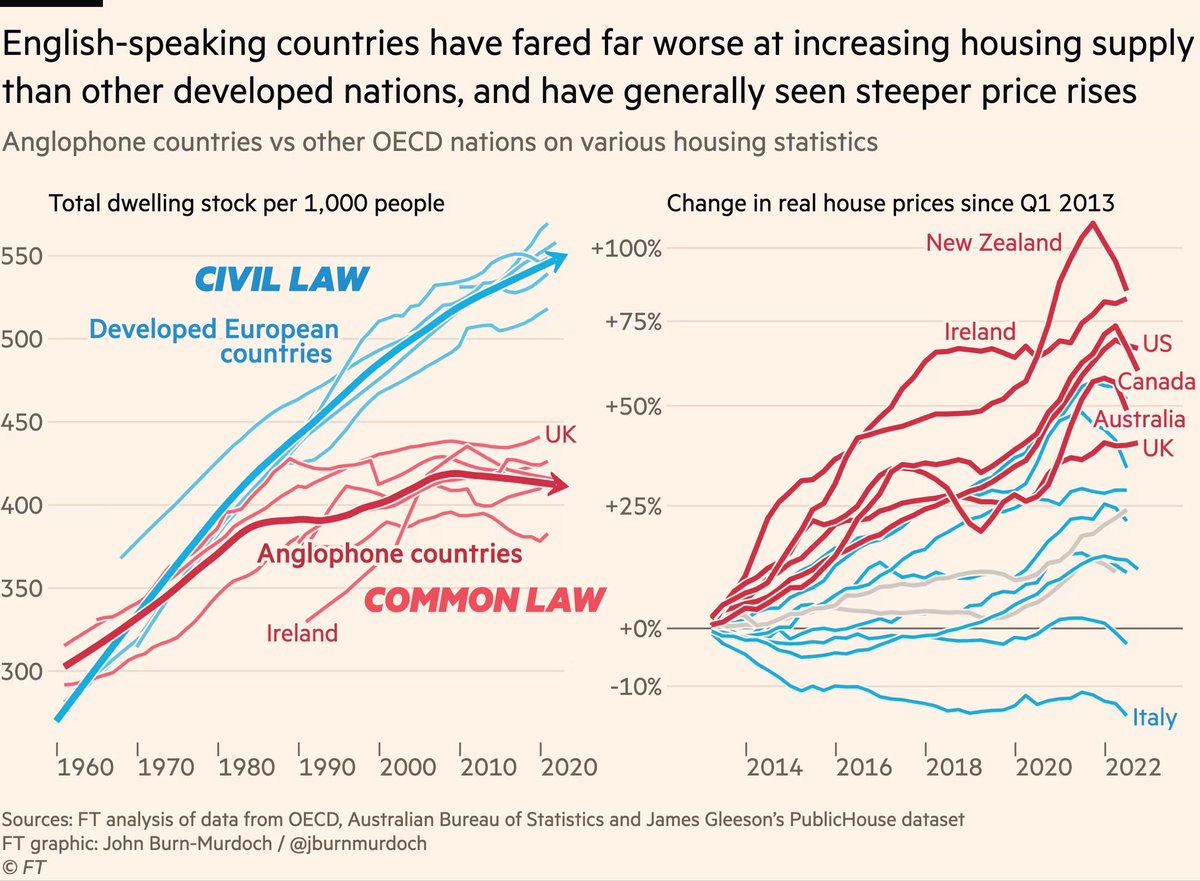The most effective way to keep Covid in check and return to semblance of normality (far more so than blanket restrictions) is to have as many people as possible being tested, regularly & regardless of symptoms.
For government to be discouraging people from getting tested is wild
For government to be discouraging people from getting tested is wild
https://twitter.com/bbcnickrobinson/status/1303600425703272449
If there’s still a shortage of testing (or in this case test-processing) capacity, that’s a problem to be solved on the supply side, not the demand side.
Blanket restrictions (which do the most economic damage), are what countries do when their testing apparatus is inadequate.
Blanket restrictions (which do the most economic damage), are what countries do when their testing apparatus is inadequate.
The “overreaction to a 'casedemic' is killing our economy/cities” crowd are tilting at a false dichotomy where our only options are:
"Keep restrictions in place to limit transmission, hurting econ & cities" or "It’s overblown, let’s get back to normal and save econ/cities"
"Keep restrictions in place to limit transmission, hurting econ & cities" or "It’s overblown, let’s get back to normal and save econ/cities"
There’s a third way: massively ramp up scale and frequency of testing to the point where individual clusters can be nipped in the bud, allowing the vast majority of people to resume most normal activities without risk.
It’s not like Hancock can click his fingers and have testing and test-processing capacity balloon overnight, but where is the urgency that got Nightingale hospitals up and running in short order?
Testing was ramped up to meet arbitrary targets like 100k tests day, but then what?
Testing was ramped up to meet arbitrary targets like 100k tests day, but then what?
• • •
Missing some Tweet in this thread? You can try to
force a refresh













